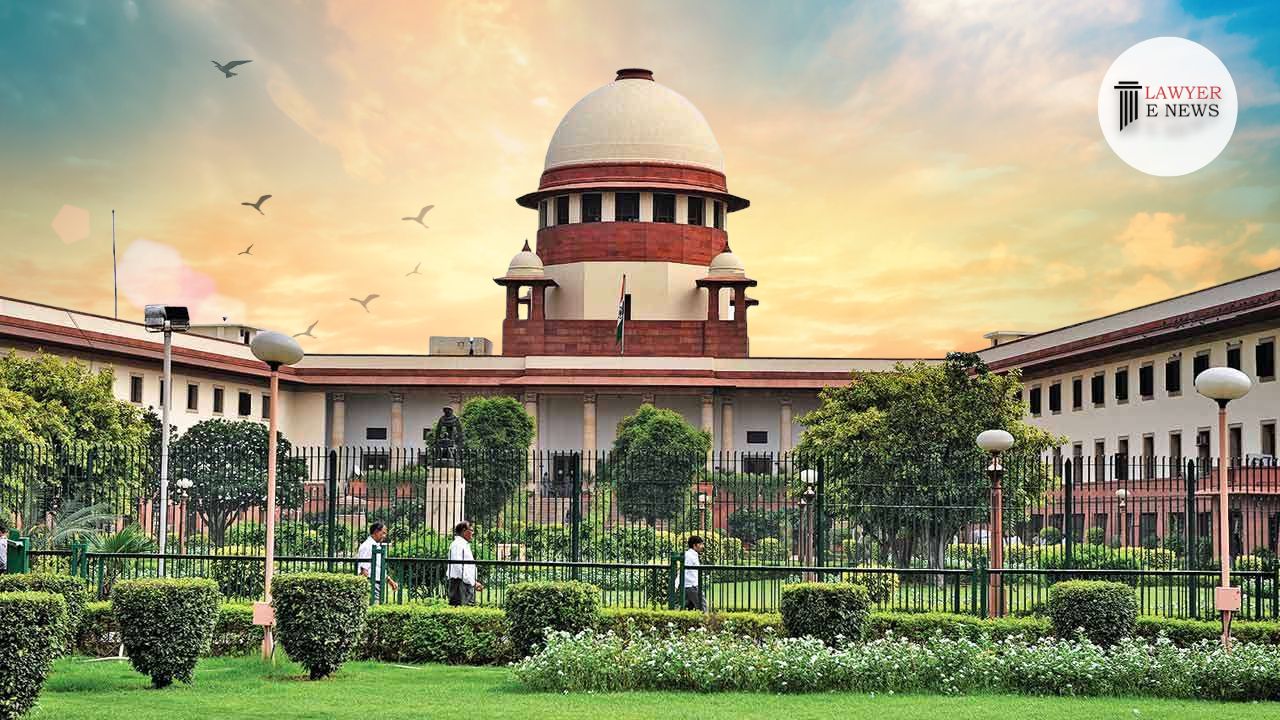-
by sayum
14 February 2026 2:22 PM



High Court’s decision enforcing the family settlement agreement despite succession law objections upheld.
The Supreme Court has upheld the decision of the High Court, affirming the enforceability of a family settlement agreement concerning the property of the late Ghouse Khan. The judgment delivered by a bench comprising Justices C.T. Ravikumar and S.V.N. Bhatti emphasizes the principles of document interpretation and the mutual intention of the parties involved, despite objections regarding the admissibility of the document and the succession rights under Mohammedan law.
The case revolves around a suit for partition and possession of a residential property in Vishakhapatnam, originally owned by the late Ghouse Khan, who died unmarried and issueless in 1988. The plaintiffs, Ghouse Khan’s sister and niece, sought the enforcement of a family settlement agreement (Exhibit-A6) dated February 7, 1992. The agreement allegedly divided the property into two portions, with the western half allotted to the niece and the eastern half to be divided among the brothers and sister of Ghouse Khan.
Defendant No. 2, one of Ghouse Khan’s brothers, contested the agreement, arguing that the niece, as a distant heir, had no legal claim to the property under Mohammedan law and that the document was inadmissible due to lack of registration and appropriate stamp duty.
The court emphasized the importance of interpreting the document based on the language used within it. “In construing a document, the fundamental rule is to ascertain the intention from the words used,” the judgment noted. The court found that Exhibit-A6 was a mutual agreement among the family members, intended to settle the property amicably.
The court observed that the agreement was executed by all the parties involved, including the brothers and sister of Ghouse Khan. “The agreement made a provision in favor of Plaintiff No. 2 for reasons noted by the courts below, including her psychiatric condition and the care provided by Plaintiff No. 1,” the judgment stated. The court leaned in favor of giving effect to the arrangement agreed upon by the family members to avoid future disputes.
The court rejected the argument that the agreement was invalid due to non-registration and lack of stamp duty. “While the saving provision under Section 129 of the Transfer of Property Act would save the validity of a gift other than under a registered deed, it does not exempt a document from registration and requisite stamp duty if it creates interest in immovable property,” the court noted. However, in the context of this family settlement, the court found that the mutual intention and execution of the agreement took precedence.
Justice S.V.N. Bhatti remarked, “We lean in favor of the settlement of the rights as agreed upon by the parties. The question is not whether Plaintiff No. 2, a residuary sharer, can be a party to a family settlement, but how the parties have settled the dispute or shares vis-à-vis the property left by Ghouse Khan.”
The Supreme Court’s dismissal of the appeal underscores the judiciary’s commitment to upholding mutual family agreements and the clear intentions of the parties involved. By affirming the High Court’s findings, the judgment reinforces the principles of document interpretation and the enforceability of family settlements, even when faced with objections related to succession laws. This decision is expected to have significant implications for future cases involving family property disputes.
Date of Decision: July 9, 2024
Naseem Kahnam and Others vs. Zaheda Begum (Dead) by LR. And Others
